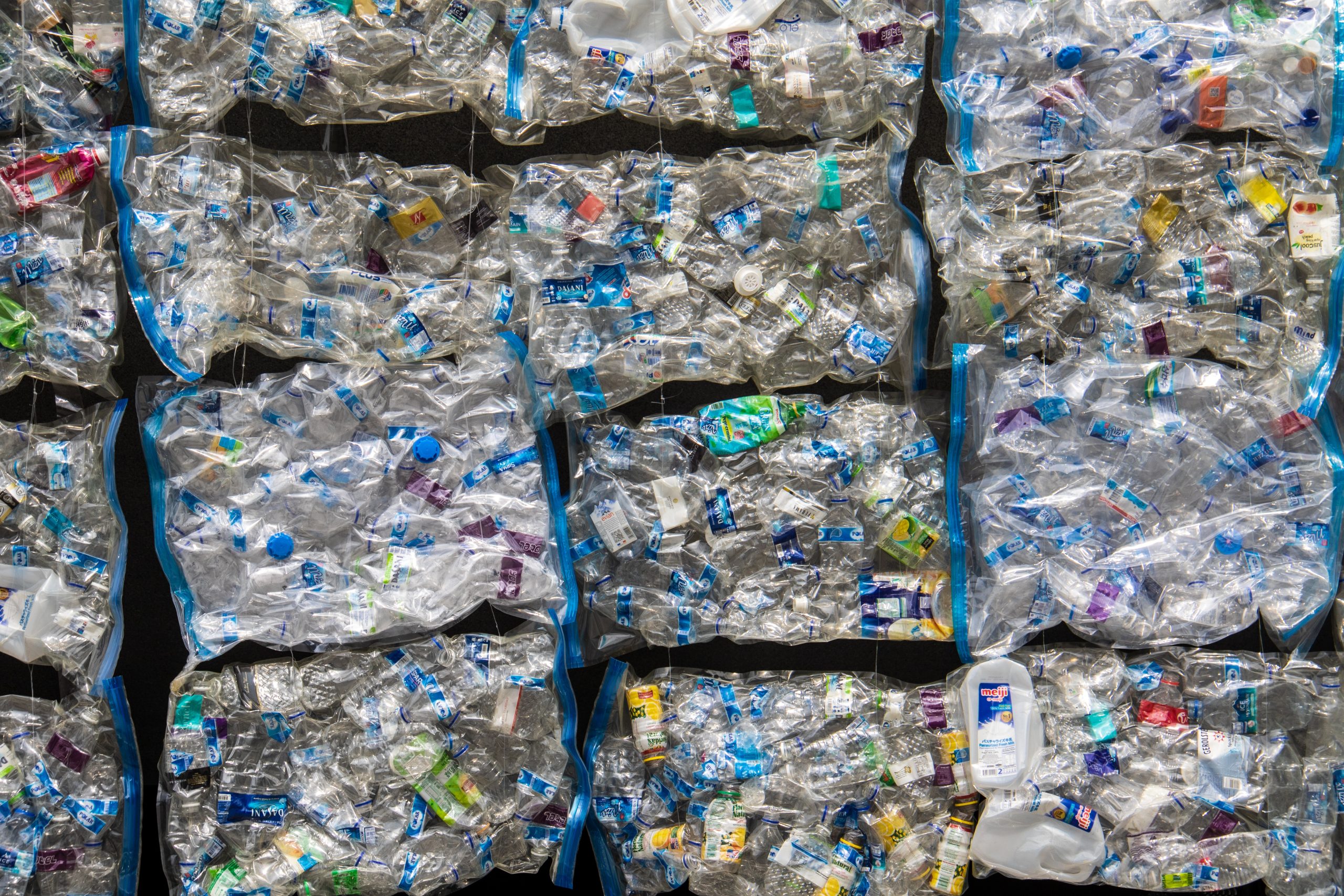RREUSE’s response to the Public Consultation on the revision of the Waste Framework Directive (WFD).

The Waste Framework Directive (WFD) lays down fundamental waste prevention and management principles based on the five-step “waste hierarchy”. Its key objective is to protect the environment and human health. It provides key definitions as well as minimum rules on separate collection, waste management performance targets for several waste streams and permitting and reporting requirements. The WFD contributes to the EUs overarching objective to decouple waste generation and economic growth.
This objective has yet to be achieved; total waste generation is actually increasing. In 2018, the EU produced on average 5 234 kg of waste per capita with the construction and mining sector (60%), manufacturing (10%) and household waste (8%) remaining significant generators of waste. 38% of this waste was recycled. Municipal waste amounts to 496 kg/capita of which 48% was recycled. Bio-waste is the largest component (34 %) and about 60 % of this is food waste.
Considering the challenges above, the European Commission is conducting a targeted revision of the WFD. The general objective of the review is to increase the level of protection of the environment and public health from the impacts of waste management.

